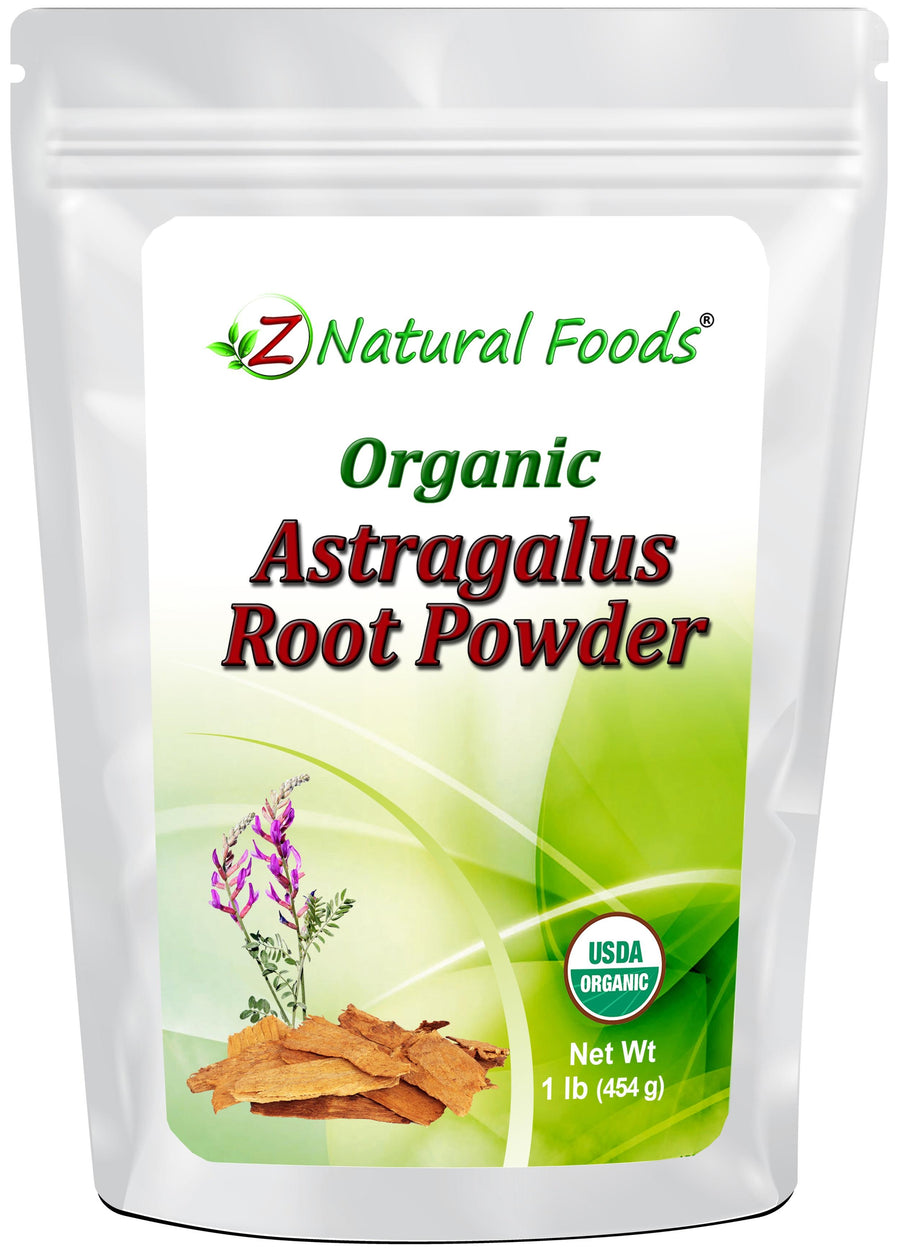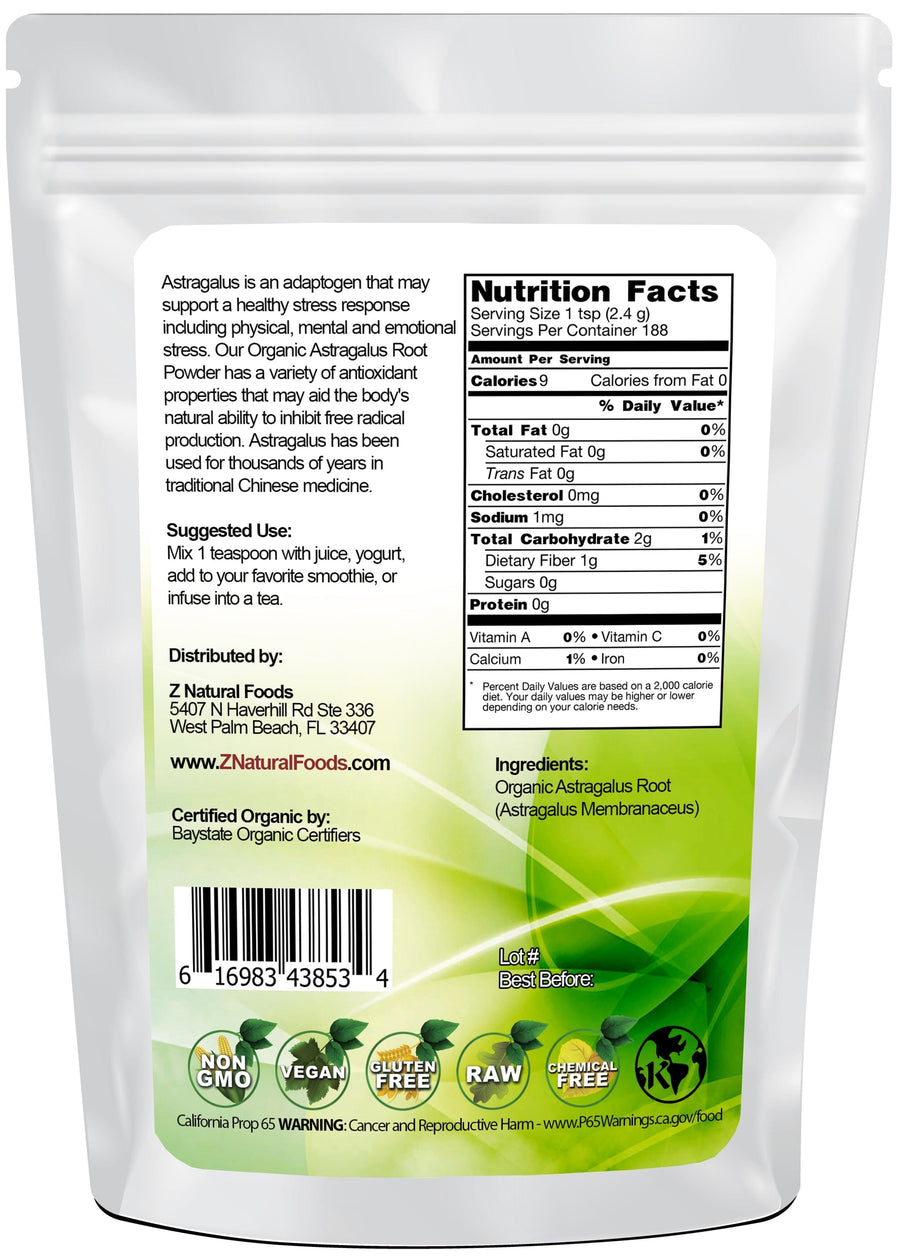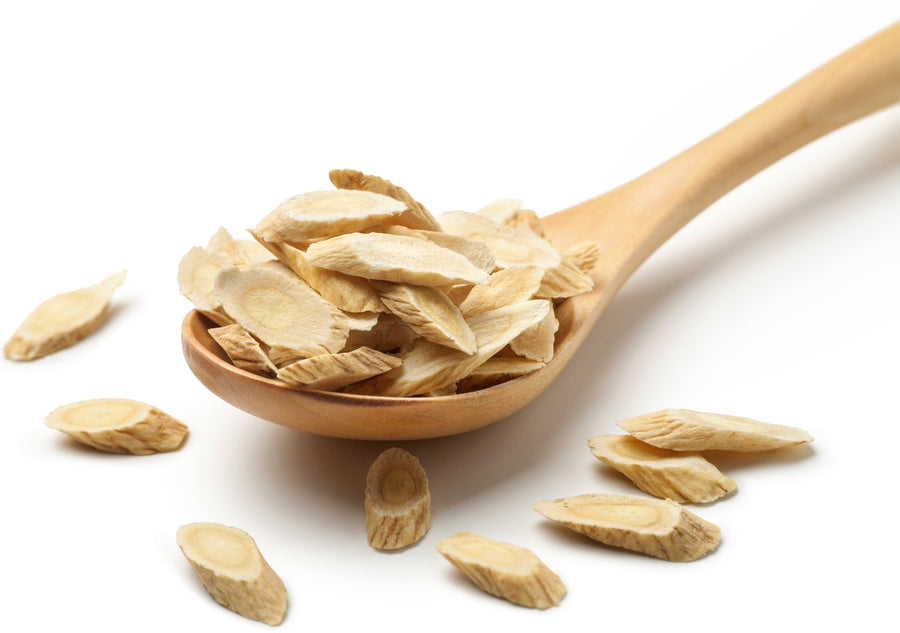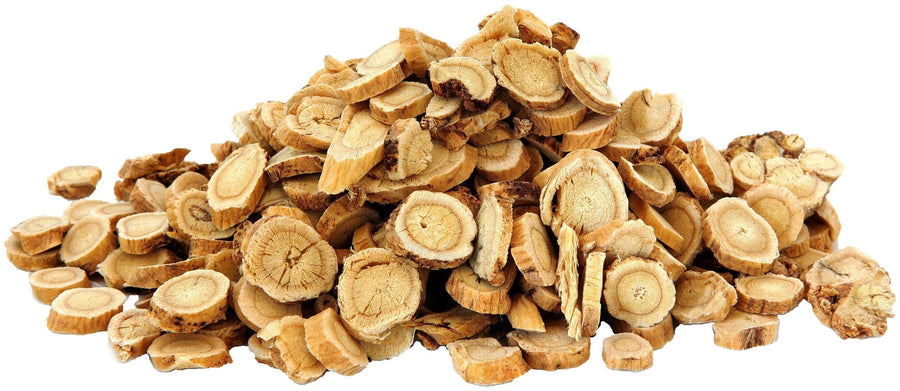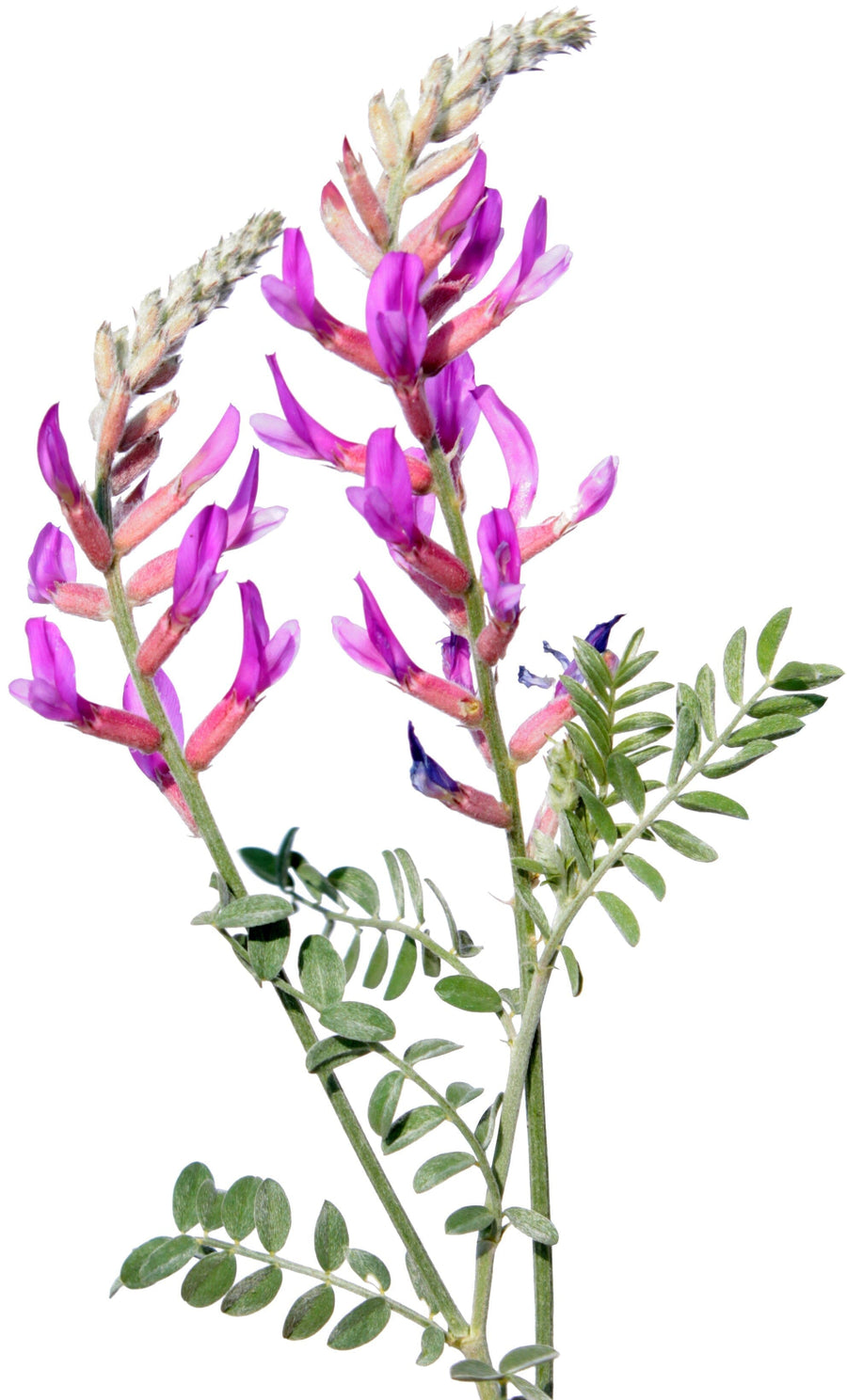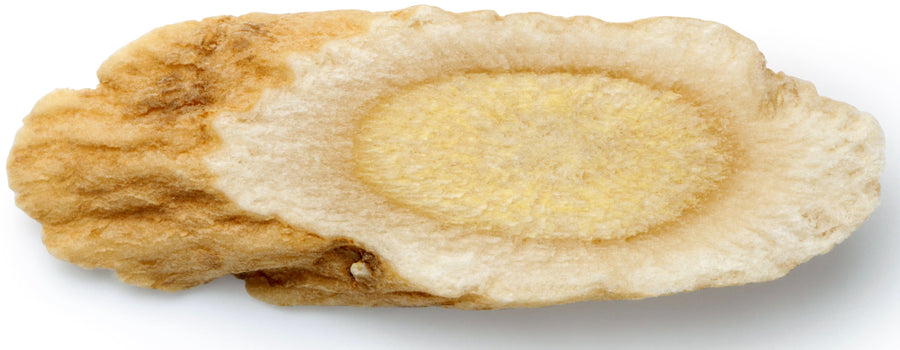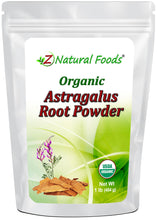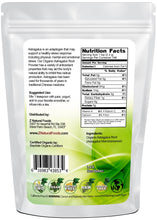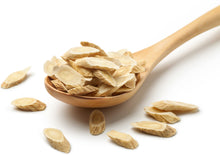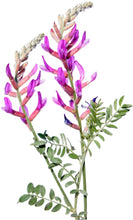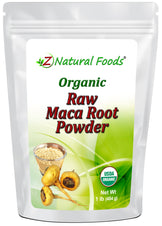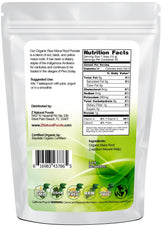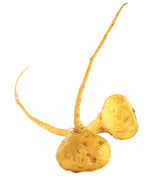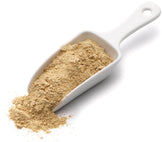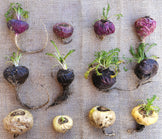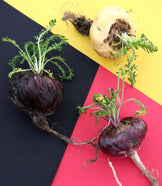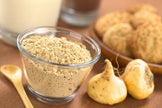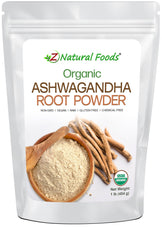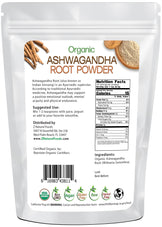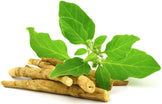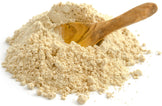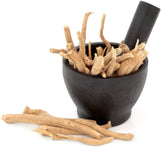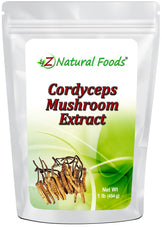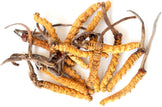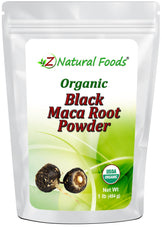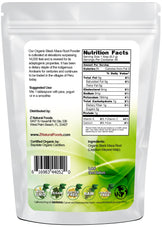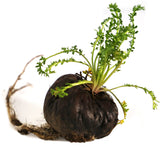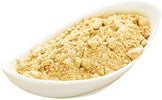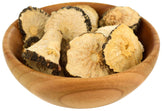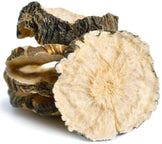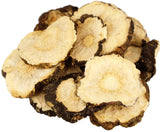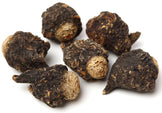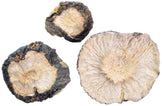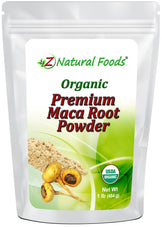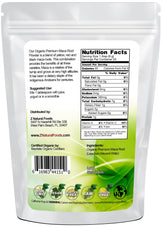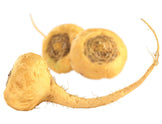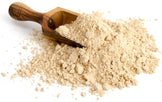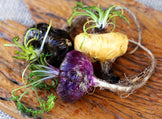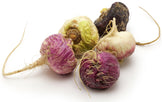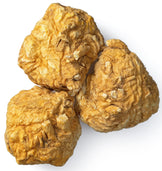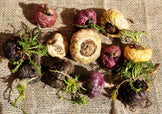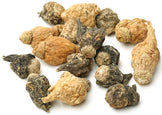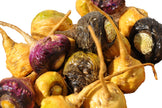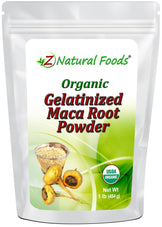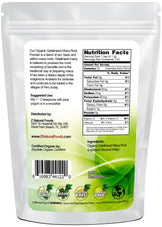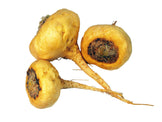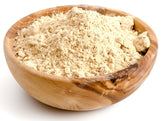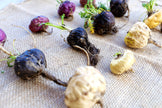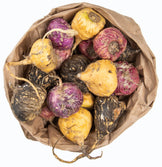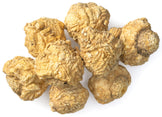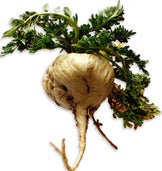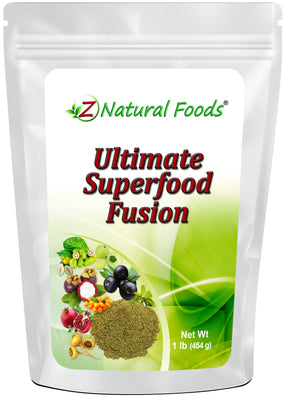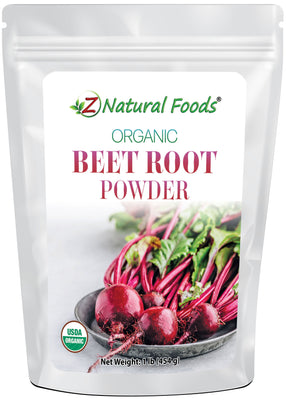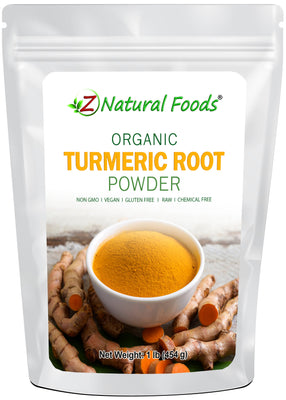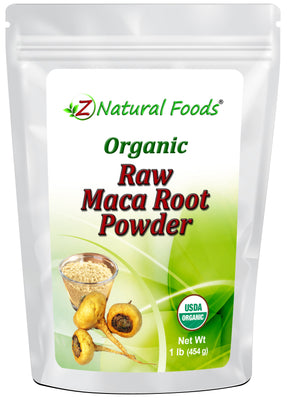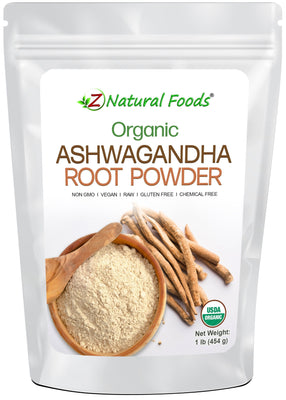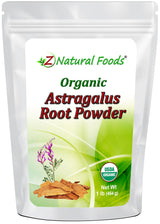About Product
Astragalus root is an herbal supplement derived from the Astragalus membranaceus plant native to northern and eastern parts of China.
It has been used in traditional Chinese medicine for centuries, as far back as the Han dynasty (206 BC-220 CE).
It was first mentioned in the famous Chinese medical text Shennong Bencao Jing (written sometime between the 1st and 2nd century CE) as a tonic for various purposes.
The astragalus root has recently been studied for its nourishing qualities. Astragalus root can be taken in various forms, including capsules, tablets, liquid extracts, and tinctures.
Constituents of Astragalus Root include:
- Phytochemicals: Saponins, flavonoids, polysaccharides and glycosides, formononetin, calycosin, canavanine, -aminobutyric acid, astragaloside I, astragaloside II, astragaloside IV; 3S-(-)-7-D-glucopyranoside, I, II, III, astragaloside V-VIII, dimethyl 4, 4-dimethoxy-5, 6, 5’, 6’--2, 2--, daucosterol, isorhamnetin, formononetin4-O-glucoside, Beta-sitosterol, I, II, III, kumatakenin, 1-3-hydroxy-9-
- Trace minerals: Iron, zinc
- Amino Acids: Aspartic acid, threonine, serine, glutamic acid, glycine, alanine, methionine, isoleucine, phenylalanine, cystine
- Lipids: Linoleic acid, linolenic acid
- Vitamins: Choline, betaine, folic acid
- Flavones: Kaempferol, quercetin, quercetin-3-glucoside
For additional constituent information, refer to Medical Herbalism by David Hoffman.
This product is 100% natural and minimally processed. Taste, smell, texture, and color vary from batch to batch.
Suggested Use: Mix one teaspoon with juice, and yogurt, add to your favorite smoothie or infuse into a tea.
Other Preparations:
Decoction: Use the ratio of 1 tablespoon of herb for every 10 ounces of water. Put it all in a pot and bring it to a boil. Once boiling, lower to a simmer for 20-30 minutes covered. Turn the heat off and allow the mixture to sit for another 10 minutes. Strain and serve (This method is specific for barks and roots)
Tincture: This method can take 15 to 30 days. You will need three items (a mason jar with a cover, the herb/herbs of your choice, and liquid for extracting). The extracting liquid can be alcohol, alcohol/ water combo, vinegar, or vegetable glycerin. Take the product and fill the jar ¾ full, add the liquid of your choice, and close the jar. Then shake the jar, so everything is well mixed. Give the jar a good 5-minute shake several times a day. After 15 to 30 days, strain and bottle in glass tincture jars.
Mixing Suggestion: To increase flavor and nutritional profile, combine with our reishi powder, fo-ti powder, and lucuma.
Botanical Name: Astragalus membranaceus.
Other Names: Milk Vetch Root, Huang Qi, Astragalus, Huang-qi, Milk-vetch root.
Parts Used: Astragalus Root.
Ingredients: Raw Astragalus Root.
Origin: Grown and dried in China and packaged with care in Florida, USA.
Certifications: Certified USDA Organic.
How to Maintain Optimum Freshness
- This product is packaged in airtight stand-up, resealable foil pouches for optimum freshness.
- Once opened, push the air out of the pouch before resealing it to preserve maximum potency.
- Keep your powder in a cool, dark, dry place.
This product is 100% natural and minimally processed:
Taste, smell, texture, and color vary from batch to batch. Go here to learn why our products may naturally vary.
The important protections we take to bring you safe and nutritious superfoods:
Please go here to discover the essential steps we take to deliver fresh, quality nutrition.
Bulk Quantities?
Need to order a large quantity of our products? We are happy to help! Please get in touch with our Bulk department to discuss the details.
* Product packaging, pictures, and origin may vary.
Sources & References
1. David G. Frodin (2004). "History and concepts of big plant genera". Taxon 53 (3): 753"“776. doi:10.2307/4135449.
2. Astragalus (Locoweed) flowers
3. http://www.pfaf.org/database/plants.php?Astragalus+adscendens
4. "Astragalus brachycalyx Fisch.". Germplasm Resources Information Network (GRIN) online database. Retrieved 24 December 2010.
5. http://www.umm.edu/altmed/articles/astragalus-000223.htm
6. "Herbal chemical helps combat HIV". United Press International. January 1, 2009. Retrieved January 28, 2011.
7. Astragalus, NCCAM
8. S. R. Fauce, et al. (2008). "Telomerase-Based Pharmacologic Enhancement of Antiviral Function of Human CD8+ T Lymphocytes". Journal of Immunology 181 (10): 7400"“7406. PMC 2682219. PMID 18981163. Retrieved 2012-08-18.
9. Calvin B. Harley, Weimin Liu, Maria Blasco, Elsa Vera, William H. Andrews, Laura A. Briggs & Joseph M. Raffaele (2011). "A natural product telomerase activator as part of a health maintenance program". Rejuvenation Research 14 (1): 45"“56. doi:10.1089/rej.2010.1085. PMC 3045570. PMID 20822369.
10. American Analytical Chemistry Laboratories Analysis Document #100710-236 of TA-65
11. Keiko Hiyama, Eiso Hiyama, Keiji Tanimoto & Masahiko Nishiyama (2009). "Role of telomeres and telomerase in cancer". In Keiko Hiyama. Telomeres and Telomerase in Cancer. Cancer Drug Discovery and Development II. Humana Press. pp. 171"“180. doi:10.1007/978-1-60327-879-9_7. ISBN 978-1-60327-879-9.
12. http://www.naturalnews.com/042240_astragalus_immune_boosting_power_adaptogenic_herbs.html
13. http://www.naturalnews.com/027223_ASTRAGALUS_immune_system.html
14. http://www.bushmanfitness.com/articles/herbs/herb-of-the-month-astragalus/263/
15. http://science.naturalnews.com/astragalus_2.html
16. Stengler, Mark, ND. The Natural Physician's Healing Therapies: Proven Remedies Medical Doctors Don't Know. New York, NY: Prentice Hall Press, 2010. Print.
17. Murray, Michael, ND. The Pill Book Guide to Natural Medicines: Vitamins, Minerals, Nutritional Supplements, Herbs, And Other Natural Products. New York, NY: Bantam Books, 2002. Print.
18. Gaby, Alan R., MD. The Natural Pharmacy: Complete A-Z Reference to Natural Treatments for Common Health Conditions. 3rd ed. New York, NY: Three Rivers Press, 2006. Print.
19. Balch, James F., MD, and Stengler, Mark, ND. Prescription for Natural Cures: A Self-Care Guide for Treating Health Problems with Natural Remedies Including Diet and Nutrition, Nutritional Supplements, Bodywork, and More. Hoboken, New Jersey: John Wiley & Sons, Inc, 2004. Print.
20. Chen KT, Su CH, Hsin LH, et al. Reducing fatigue of athletes following oral administration of huangqi jianzhong tang. Acta Pharmacol Sin. 2002;23(8):757-761.
21. Cheng Y, Tang K, Wu S, et al. Astragalus polysaccharides lowers plasma cholesterol through mechanisms distinct from statins. PLoS One. 2011; 6(11):e27437.
22. Duan P, Wang ZM. [Clinical study on effect of Astragalus in efficacy enhancing and toxicity reducing of chemotherapy in patients of malignant tumor]. Zhongguo Zhong Xi Yi Jie He Za Zhi.2002;22(7):515-517.
23. Hao Y, Qiu QY, Wu J. [Effect of Astragalus polysaccharides in promoting neutrophil-vascular endothelial cell adhesion and expression of related adhesive molecules]. Zhongguo Zhong Xi Yi Jie He Za Zhi. 2004;24(5):427-430.
24. Hei ZQ, Zhang JJ, Lin SQ, et al. [Effects of Astragalus membranaceus injection on nitric oxide and endothelin concentration of intestinal mucosa after hemorrhage shock-reperfusion in rats]. Zhongguo Zhong Yao Za Zhi. 2004;29(5):444-447.
25. Kim SH, Lee SE, Oh H, et al. The radioprotective effects of bu-zhong-yi-qi-tang: a prescription of traditional Chinesemedicine astragalus. J Chin Med. 2002;30(1):127-137.
26. Li M, Wang W, Xue J, Gu Y, Lin S. Meta-analysis of the clinical value of Astragalus membranaceus in diabetic nephropathy. J Ethnopharmacol. 2011; 133(2):412-9.
27. Mao SP, Cheng KL, Zhou YF. [Modulatory effect of Astragalus membranaceus on Th1/Th2 cytokine in patients with herpes simplex keratitis]. Zhongguo Zhong Xi Yi Jie He Za Zhi. 2004;24(2):121-123.
28. Matkovic Z, Zivkovic V, Korica M, et al. Efficacy and safety of Astragalus membranaceus in the treatment of patients with seasonal allergic rhinitis. Phytother Res. 2010;24:175-81.
29. Shao BM, Xu W, Dai H, et al. A study on the immune receptors for polysaccharides from the roots of Astragalus membranaceus, a Chinese medicinal herb. Biochem Biophys Res Commun. 2004;320(4):1103-1111.
30. Shi FS, Yang ZG, Di GP. [Effect of Astragalus saponin on vascular endothelial cell and its function in burn patients]. Zhongguo Zhong Xi Yi Jie He Za Zhi. 2001;21(10):750-751.
31. Wang D, Zhuang Y, Tian Y, Thomas GN, Ying M, Tomlinson B. Study of the effects of total flavonoids of Astragalus on atherosclerosis formation and potential mechanisms. Oxid Med Cell Longrev. 2012; 2012:282383.
32. Yang QY, Lu S, Sun HR. Clinical effect of Astragalus granule of different dosages on quality of life in patients with chronic heart failure. Chin J Integr Med. 2011; 17(2):146-9.
33. Rios, J. L.; P. G. Waterman (1998). "A review of the pharmacology and toxicology of Astragalus". Phytotherapy Research 11 (6): 411"“418. doi:10.1002/(SICI)1099-1573(199709)11:63.0.CO;2-6.
* Reviews & Success Stories Disclaimer
Product reviews solely reflect the views and opinions expressed by the contributors and not those of Z Natural Foods. Z Natural Foods does not verify or endorse any claims made in these reviews. Statements have not been evaluated by the FDA and are not intended to diagnose, treat, cure, or prevent any disease or health condition.REFERRAL PROGRAM
Share your personal link to your friends and welcome them with rewards. Claim yours when they make their first purchase.

GIVE
$10 off discount

GET
$10 off discount
Other products in the same category
Ultimate Superfood Fusion
$29.99
Beet Root Powder - Organic
$12.99
